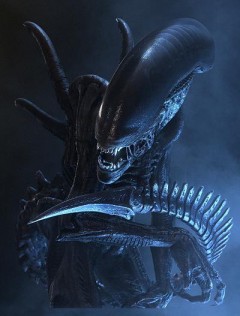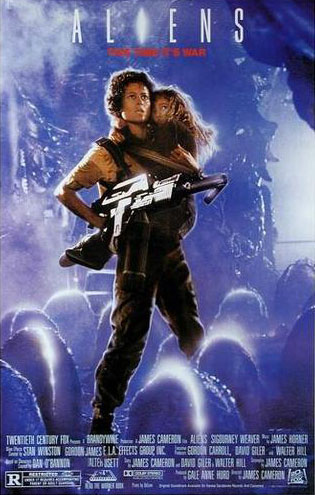

The Stygian Conspiracy, by first-time author Kodai Okuda, is a bulky tome and quite an undertaking. The myriad pages are brimming over with a story of action, science fiction, and even some horror elements. It is a tale on a grand scale, both in time and space. Not content with a small moment or two with a libertarian flavor, the story tackles the big issues and concepts and makes no apologies, without forgetting that the plot and characters come first.
The story transpires in a future in which the human race has spread out through the solar system and taken some tentative first steps towards exploring other star systems. The population is roughly divided between the Eastern socialists and the Western capitalists, the latter of the two having newly emerged as a power again on the world, or better yet solar, stage. That description and its implicit chauvinism make me cringe even as I write it, but Okuda does much better with the characters, creating roles that defy the simplistic expectations set up by that line drawn down the middle. There are good bad guys and bad good guys and even, I think, a little room for debate.
It is a bold concept and a wild ride. There are space battles and daring personal missions, enmities and romances, betrayals and tough decisions. It lacks nothing of the right ingredients to leave a voracious reader with a satisfied feeling upon completion. If the reader wants nothing more than an epic tale of adventure with some characters to care about, he may well come away from The Stygian Conspiracy without complaint.
[continue reading…]
Help Promote Prometheus Unbound by Sharing this Post

This time, it’s war.

It is possible, however unlikely, that I could shuffle a deck of cards, lay them face down on a table and, in dealing to you the top five, deliver a royal flush. If I dealt to 649,740 people, the odds are good that at least one of them would get poker’s strongest hand, but to the one who actually got it, it would seem almost miraculous, more than he deserved. The cinematic equivalent of a royal flush is what the Alien trilogy received as first a young Ridley Scott, then a young James Cameron, and finally a young David Fincher were chosen to direct its films (some are occasionally moved to insist that there were four Alien movies. I must ask the good reader to accept my assurance that there was no fourth film; any lingering memories of such a thing are probably due to a bad dream).
By all rights, Aliens should have been unremarkable. Following a classic with a classic is next to impossible. Francis Ford Coppola did it, but he followed his own work and brought his same style and vision back to the tale. Aliens would be directed by a Canadian — a near-American! — who was going off a British film that had revolutionized a genre. Although the first installment left unanswered questions, it was not fashioned in such a way that a sequel naturally sprang from its story. For more on what such a situation is likely to produce, the reader may watch the sequels to Psycho and Jaws. If he wishes to explore the top end of the Bell Curve of this particular demographic, he should check out 2010 (The Empire Strikes Back might conceivably be added, but Lucas was still intimately involved with that project and, at any rate, in this reviewer’s humble yet obdurate opinion, Episode V is decidedly inferior to Episode IV).
[continue reading…]
Help Promote Prometheus Unbound by Sharing this Post












